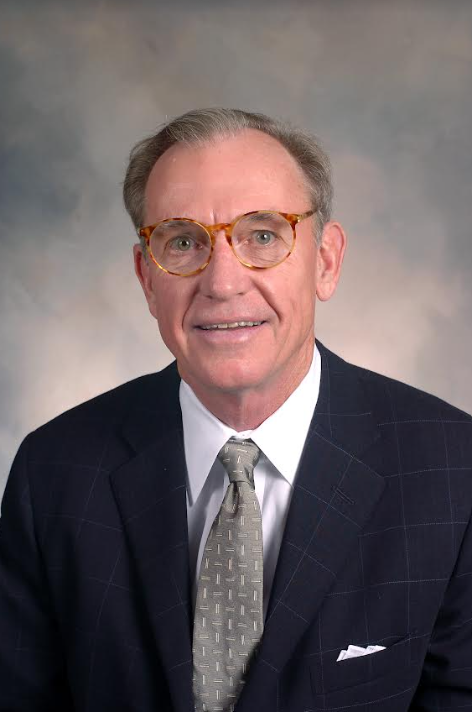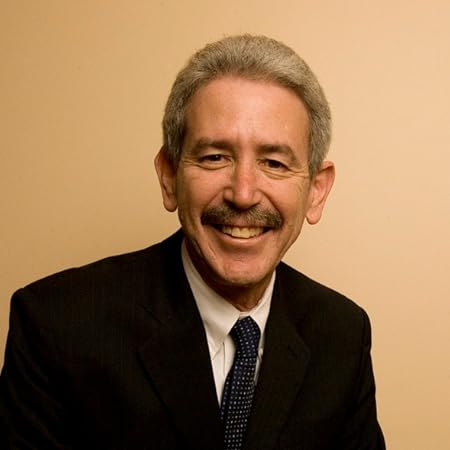What to do if your employee cannot or will not work - Review of Paid and Unpaid Leave Laws After COVID-19 and Their Interaction
In this webinar we review the interaction of federal and state laws relating to employee absences from work. Already a complex area of law, this webinar also reviews the additional challenges created by recent federal and state laws implemented as a consequence of the COVID-19 crisis. We shall provide an overview of the applicable laws, how they interact and what practical steps employers can take to ensure compliance.
- Overview of key leave laws, including the FFCRA
- Interaction of these leave laws
- Employer policies and practices about concurrent leave
- How the leave laws can result in employees combining their leaves to extend time off (i.e., “stacking”) and how this can be minimized
- How to handle intermittent leaves of absence
- Bonus and incentive pay issues arising from leaves of absence
- Effective leave policies and practices to avoid legal claims
- Families First Coronavirus Response Act (FFCRA)
- Family and Medical Leave Act
- Americans with Disabilities Act
- State and local paid and unpaid leave laws
- Interaction among the various leave laws
- Practical ways of managing employee leaves
The Families First Coronavirus Response Act (FFCRA) became effective April 1st of this year. For the first time it imposed upon private sector employers a federal legal obligation to provide paid leave to employees in certain situations related to the COVID-19 pandemic. However, the FFCRA does not operate in a vacuum. Indeed, it adds to the confusing and often contradictory tapestry of existing federal, state and local laws that relate to employee leaves of absence. This webinar will review the requirements of the FFCRA and how it relates to and interacts with the pre-existing Family and Medical Leave Act, the Americans With Disabilities Act, Workers Compensation law and state laws.
Among the specific issues to be covered are employer policies that run paid and unpaid leaves concurrently, “stacking”, bonus and incentive pay issues and successful FFCRA termination policies and practices.
There were already many potential pitfalls for employers before the FFCRA, and the legal landscape has now become even more complex. Attendees will learn how to best avoid these pitfalls.
At the end of this session, the speaker will handle your specific questions and address any challenges you have/had in addressing employee leave issues.
- In-house legal counsel
- Human Resources professionals
Mr. Reilly is a highly experienced, well-regarded and successful employment law attorney who has represented small, medium and large employers for over 30 years. He is an employment law partner with the New York law firm of Bond Schoeneck & King. Mr. Reilly provides advice and counsel respecting a variety of employment issues including, but not limited to, paid and unpaid leave issues, alleged wage and hour violations, discrimination, retaliation, whistleblower and non-compete enforcement. He also has successfully litigated and tried cases in various federal and state courts and before many government agencies.
Upcoming Webinars



























































